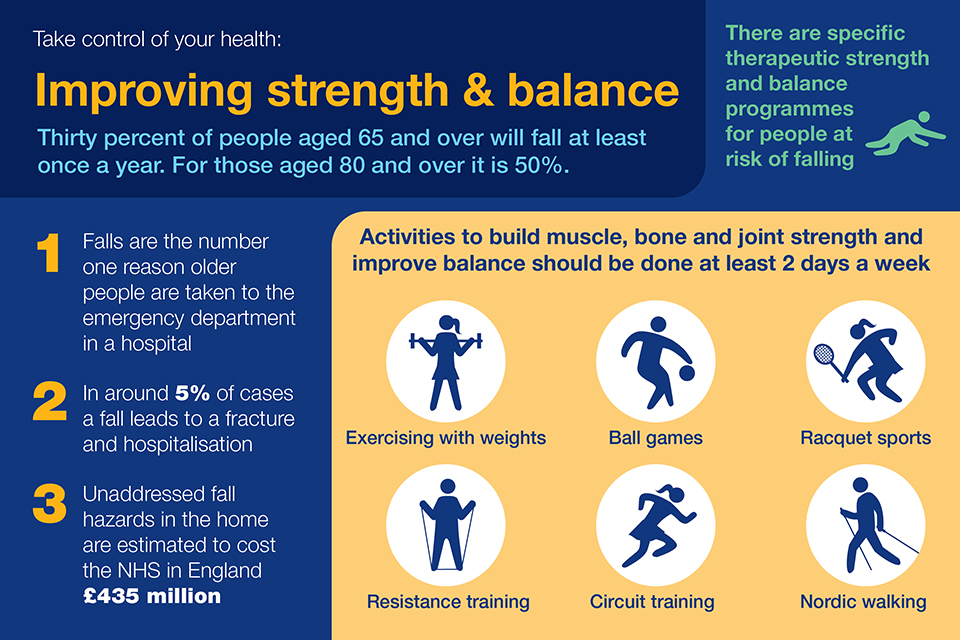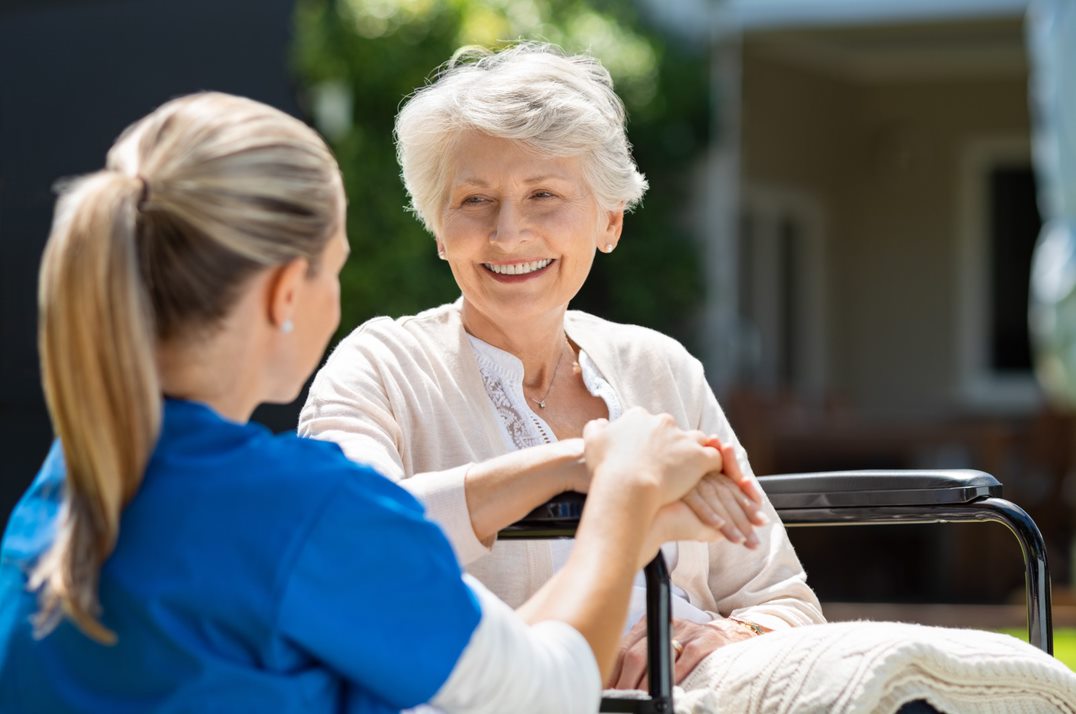Dementia Fall Risk for Beginners
Dementia Fall Risk for Beginners
Blog Article
Some Known Facts About Dementia Fall Risk.
Table of ContentsThe Dementia Fall Risk IdeasGetting The Dementia Fall Risk To WorkThe Only Guide to Dementia Fall RiskNot known Details About Dementia Fall Risk The Dementia Fall Risk PDFs
Guarantee that there is an assigned location in your medical charting system where staff can document/reference ratings and record appropriate notes connected to drop avoidance. The Johns Hopkins Autumn Danger Evaluation Device is one of lots of devices your team can make use of to help avoid adverse medical events.Individual drops in medical facilities prevail and incapacitating negative events that continue regardless of decades of initiative to reduce them. Improving interaction across the assessing nurse, care group, person, and client's most entailed family and friends may reinforce autumn prevention efforts. A group at Brigham and Women's Hospital in Boston, Massachusetts, looked for to create a standardized loss prevention program that focused around improved communication and person and household engagement.

The technology group stressed that effective application depends on patient and team buy-in, combination of the program right into existing workflows, and integrity to program processes. The group noted that they are facing exactly how to ensure continuity in program execution during durations of situation. Throughout the COVID-19 pandemic, for instance, a boost in inpatient drops was related to restrictions in client involvement together with restrictions on visitation.
The Single Strategy To Use For Dementia Fall Risk
These occurrences are typically considered avoidable. To carry out the treatment, organizations need the following: Accessibility to Fall suggestions resources Autumn suggestions training and retraining for nursing and non-nursing personnel, consisting of brand-new nurses Nursing process that permit individual and household interaction to conduct the falls evaluation, guarantee use the prevention plan, and perform patient-level audits.
The outcomes can be highly harmful, typically accelerating patient decline and causing longer health center keeps. One research study estimated stays increased an added 12 in-patient days after a patient autumn. The Autumn TIPS Program is based on interesting people and their family/loved ones throughout three main processes: analysis, individualized preventative interventions, and auditing to make certain that patients are taken part in the three-step loss avoidance process.
The patient analysis is based on the Morse Loss Scale, which is a validated loss risk evaluation tool for in-patient healthcare facility settings. The range includes the 6 most typical factors people in hospitals drop: the patient loss history, risky conditions (consisting of polypharmacy), use IVs and other exterior devices, psychological status, stride, and wheelchair.
Each danger element relate to several workable evidence-based interventions. The registered nurse produces a plan that includes the interventions and is noticeable to the care team, person, and household on a laminated poster or printed aesthetic help. Nurses establish the plan while fulfilling with the patient and the patient's family members.
Dementia Fall Risk - An Overview
The poster acts as a communication tool with other members of the person's care team. Dementia Fall Risk. The audit component of the program includes assessing the client's knowledge of their risk elements and prevention strategy at the device and hospital degrees. Registered nurse champs perform a minimum of 5 private interviews a month with clients and their families to look for understanding of the fall avoidance strategy

An estimated 30% of these drops result in injuries, which can range in seriousness. Unlike other damaging events that require a standard medical response, loss prevention depends highly on the requirements of the client.
Some Known Factual Statements About Dementia Fall Risk

Based upon auditing outcomes, one site had 86% conformity and 2 sites had more than 95% compliance. A cost-benefit analysis of the Loss ideas program in 8 healthcare facilities browse this site estimated that the program expense $0.88 per patient to carry out and caused cost savings of $8,500 per 1000 patient-days in straight expenses associated with the avoidance of 567 tips over three years and 8 months.
According to the development group, companies interested in carrying out the program should carry out a preparedness assessment and falls prevention spaces evaluation. 8 In addition, organizations should make certain the necessary infrastructure and process for application and create an execution strategy. If one exists, the organization's Fall Avoidance Job Pressure ought to be associated with planning.
Unknown Facts About Dementia Fall Risk
To begin, companies ought to make certain conclusion of training modules by nurses and nursing assistants - Dementia Fall Risk. Medical facility staff should evaluate, based on the needs of a medical facility, whether to use an electronic wellness document printout or paper variation of the loss avoidance strategy. Applying teams should hire and train nurse champs and establish processes for bookkeeping and coverage on fall information
Personnel need to be involved in the procedure of upgrading the workflow to involve individuals and household in the assessment and avoidance strategy about his process. Systems must be in area to make sure that systems can understand why an autumn occurred and remediate the reason. A lot more specifically, registered nurses must have channels to supply ongoing responses to both staff and device leadership so they can readjust and enhance fall prevention operations and interact systemic problems.
Report this page